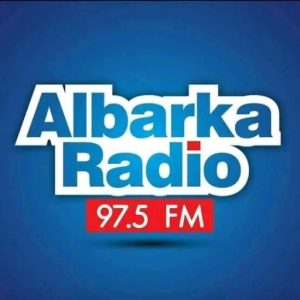By Sani Adamu Musa
The Independent Corrupt Practices and Other Related Offences Commission (ICPC), in collaboration with the Nigeria Union of Journalists (NUJ) and with the support of the MacArthur Foundation, organized a one-day workshop aimed at enhancing the role of journalists in preventing corruption. The event, themed “Power of the Pen in the Fight Against Corruption,” brought together journalists, ICPC officials, civil society organizations, and academics to explore the media’s influence in promoting transparency, accountability, and good governance in Nigeria.
Comrade Chris Isiguzo, the National President of NUJ, addressed participants at the opening session, emphasizing the crucial role of the media in the fight against corruption. He urged journalists to seize the opportunity presented by the workshop to deepen their commitment to exposing corrupt practices. Isiguzo stressed the importance of using journalism as a tool for transparency, stating, “We are committed to using our pens to expose corruption and promote transparency. Journalism is a powerful tool, and through this partnership, we will enhance our capacity to hold leaders accountable.”
The MacArthur Foundation’s support for the event is part of its broader mission to promote good governance and combat corruption by empowering journalists. The workshop focused on strengthening the investigative reporting skills of journalists and improving their capacity to engage in data-driven journalism, all while maintaining high ethical standards.
During the workshop, experts delivered papers on key topics such as investigative journalism techniques, corruption prevention strategies, and the critical role the media plays in fostering transparency. These sessions aimed to equip journalists with practical tools to effectively and ethically report on corruption, thus contributing to the broader anti-corruption efforts in Nigeria.
ICPC officials present at the event underscored the importance of collaboration between anti-corruption agencies, journalists, and civil society. They highlighted how the media can help educate the public on corruption issues and mobilize citizens to demand accountability from their leaders.
The workshop concluded with participants and facilitators agreeing on the need to sustain the momentum generated by the event. They emphasized the importance of effectively disseminating anti-corruption information to keep the public informed and engaged. A comprehensive communiqué is expected to be issued, outlining key recommendations for future collaboration and strategies for amplifying journalism’s impact in the fight against corruption.
As the event drew to a close, participants reaffirmed their commitment to using the “power of the pen” to foster a culture of transparency and accountability. They expressed hope that their collective efforts would contribute meaningfully to Nigeria’s ongoing anti-corruption campaign.
Discover more from Albarka Radio
Subscribe to get the latest posts sent to your email.










